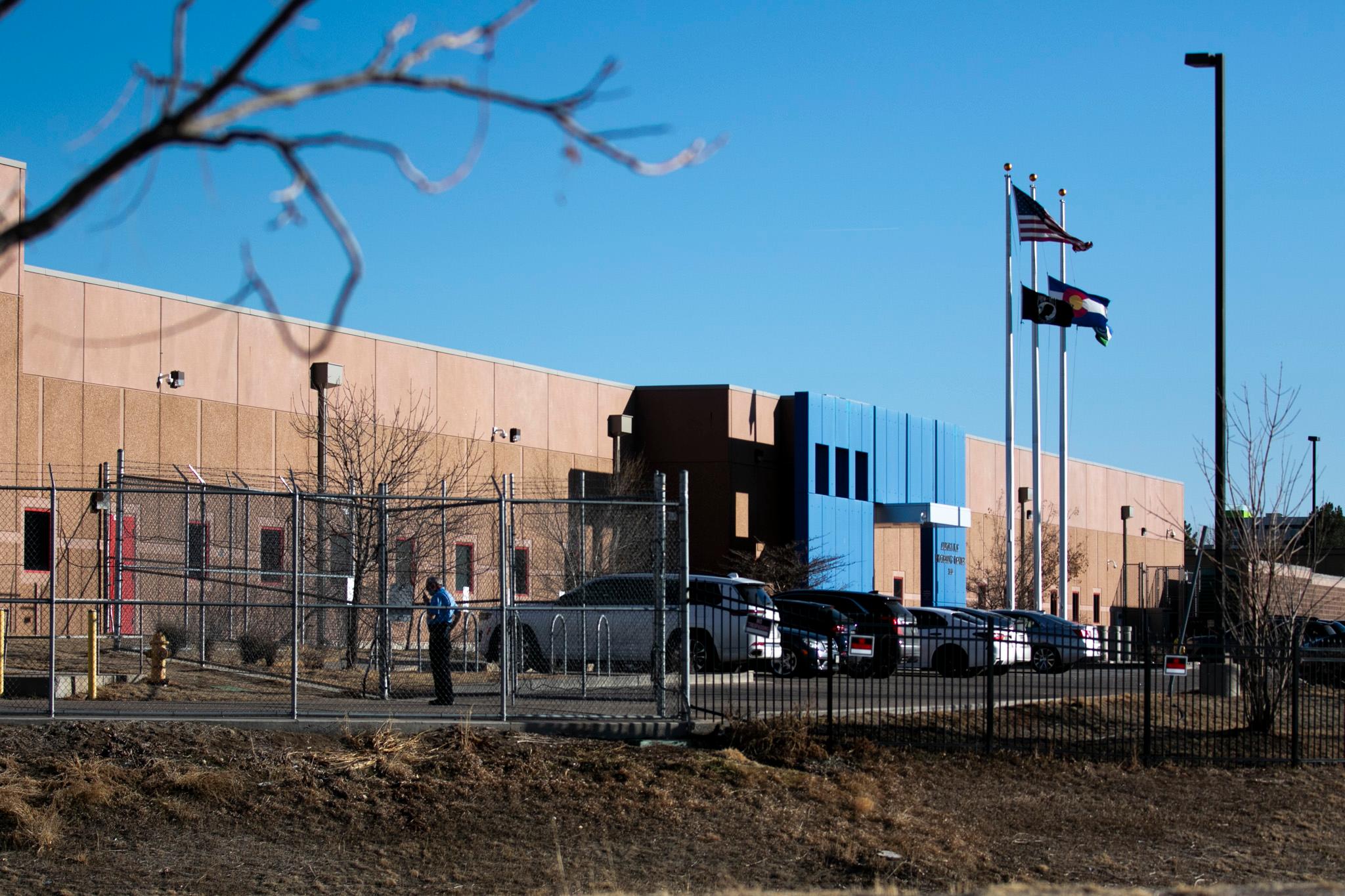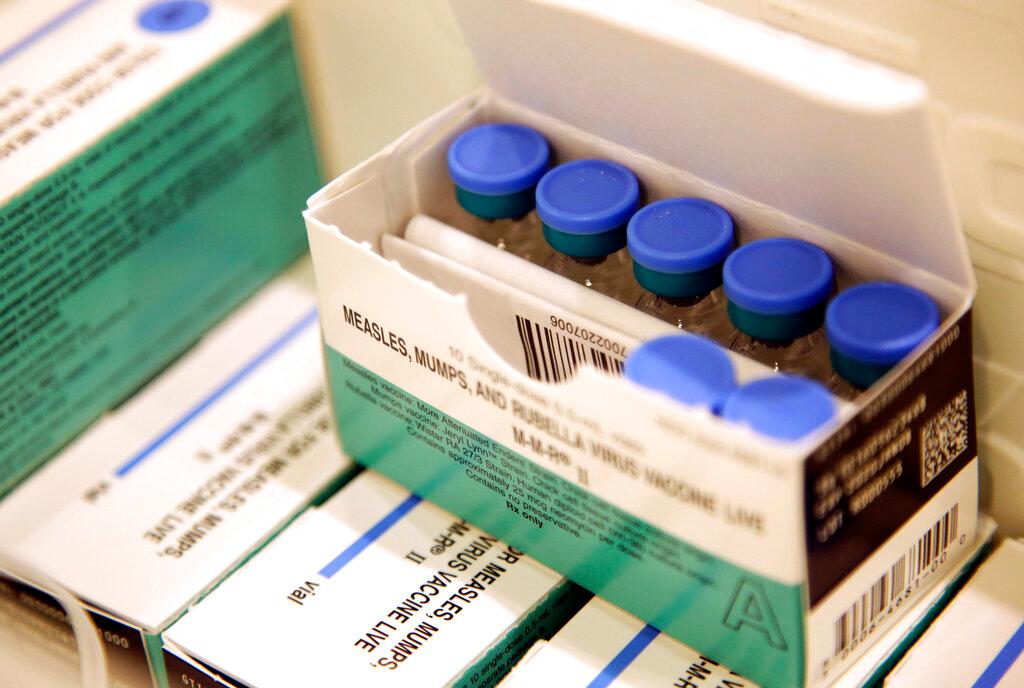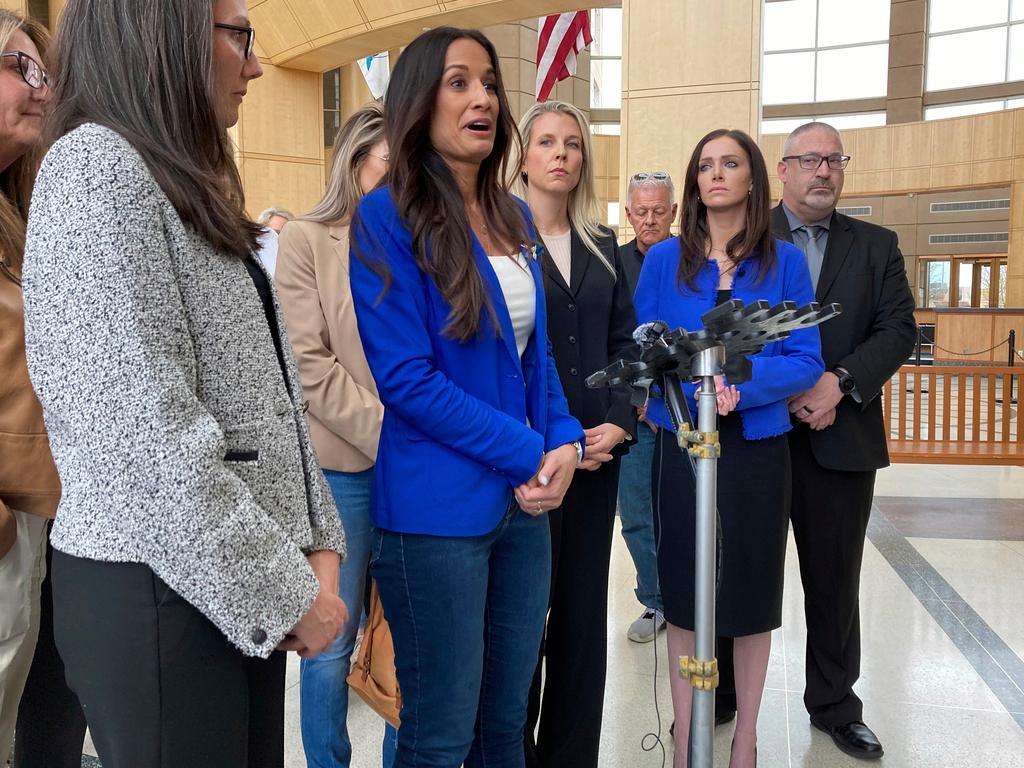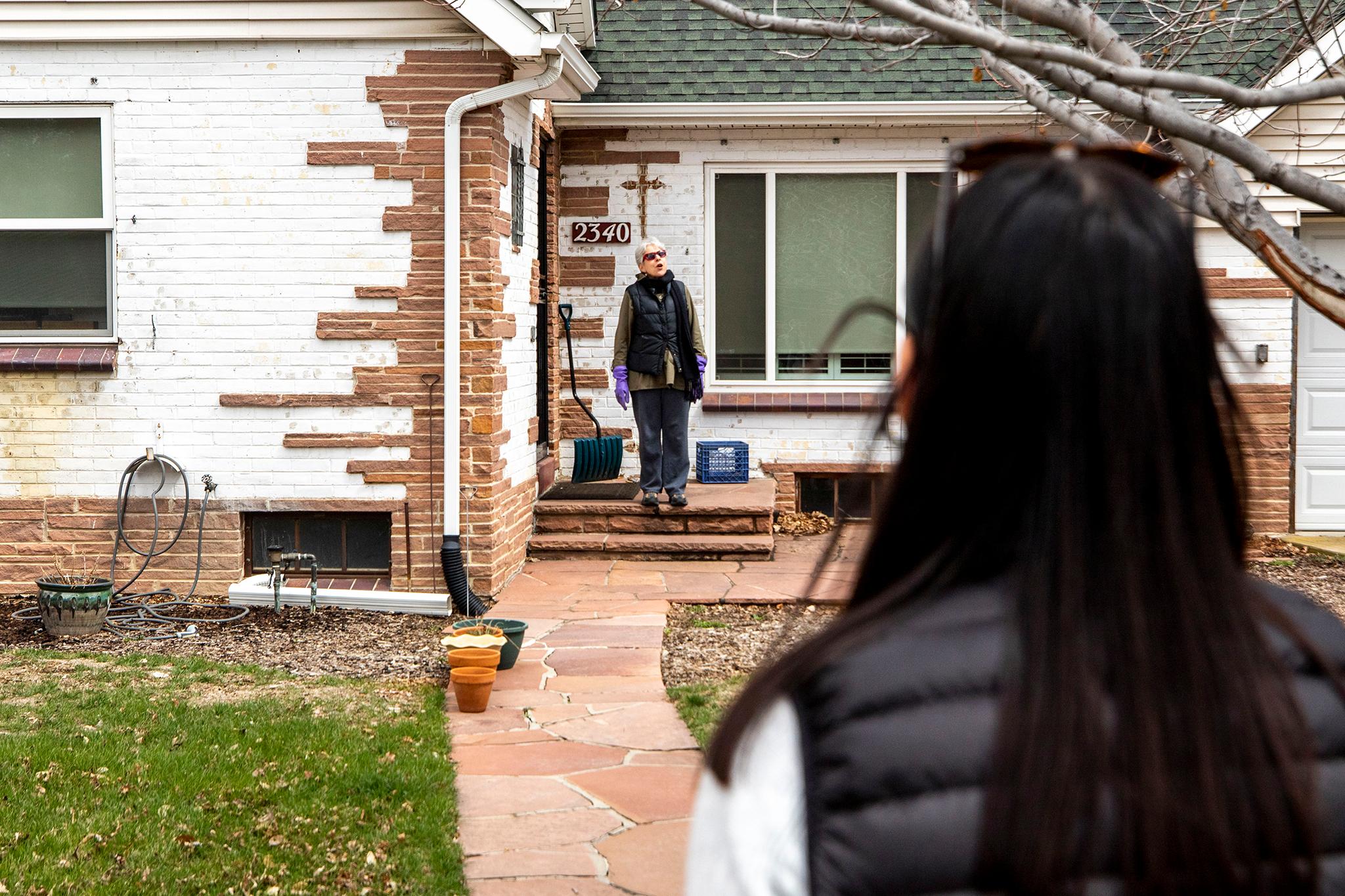
Among the never-ending list of activities and pieces of life deeply impacted by the new coronavirus is Passover, a Jewish holiday that’s inherently social.
“I actually think of Passover as sort of the Jewish Thanksgiving,” said Matt Cohen, president of Temple Micah in Denver. “For me it's always been a holiday about family and being home. It is an opportunity, much like Thanksgiving, to invite strangers in and that's going to be difficult to do this year, if not impossible.”
Typically, Cohen and his family celebrate the first two nights of Passover with a large community meal — a Seder — surrounded by friends and family. They read from the Haggadah, which tells the story of the Israelites escaping slavery in ancient Egypt.
“That story, no matter the year, no matter the day, is always relevant,” Cohen said. He said that for him personally, this year’s theme will be about freedom from disease. “We can definitely tie what is happening now to what happened historically in a real way, in a very visceral way.”
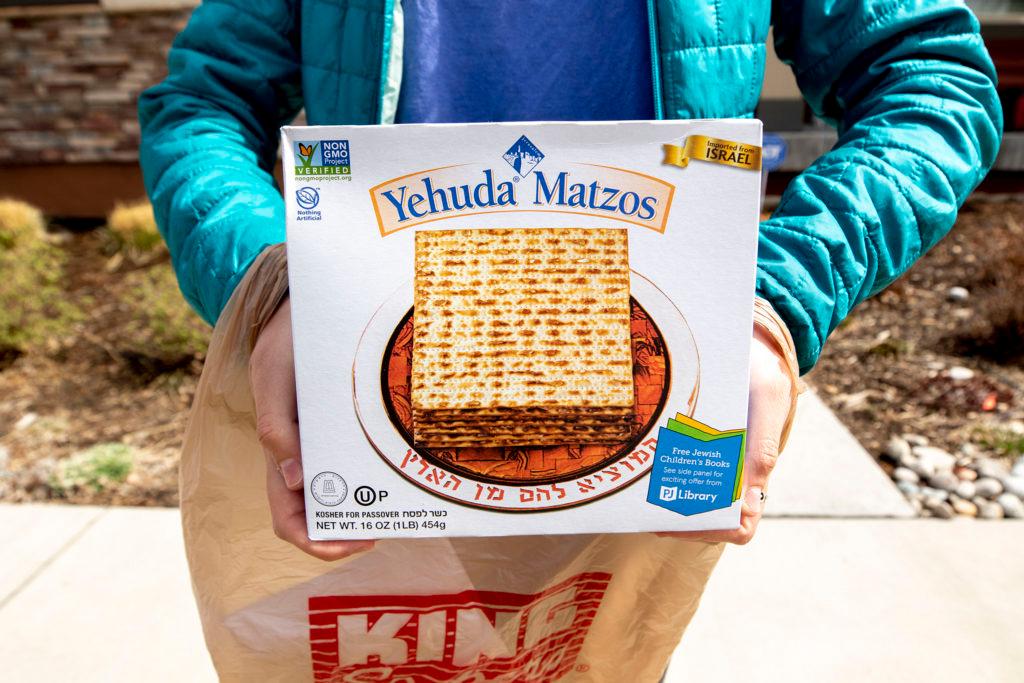
Despite the change in how Passover will be celebrated this year, the story feels even more relevant to some at a time where freedom feels restricted because of COVID-19.
Coloradans have been unable to visit friends and family for weeks. Trips to the grocery store sometimes end with disappointment in bare shelves. Life milestone events, like graduations and weddings, have been canceled or postponed.
Although so much is unknown about the future, Rabbi Birdie Becker of Temple Emanuel in Pueblo is staying optimistic.
“It shouldn’t be such a hardship to give up a little bit because so many people have so much less,” Becker said. “This is a way of recognizing that what we have is really abundant, and to pull back a little bit, it’s not such a terrible thing.”
Her Seder table, which has in some years has served 25 people, including strangers, will be limited to her and her daughter this year, and her son on Skype. She thinks the symbolism of the Seder plate will be even more relevant this year because everyone is experiencing the same thing — a confined place.
She said her role as a Rabbi is much more focused on keeping her congregation connected and engaged. People have asked her how to keep their faith and how to pray. Some are wondering how to deal with grief while in isolation and say the Kaddish prayer, which is common to say during funerals and mourning.
“I’m meeting people online and by phone and by making posts,” she said. “Because community is so important in our prayers, I just did another video on the Kaddish, which is a very important prayer especially with all the deaths that’s now occurring. So explaining how do you say Kaddish when you’re alone and in isolation because we can’t come together as a community.”
Plagues are central to the Passover storyline. It is believed that there were 10 of them, including frogs, boils and hail. Becker said she doesn’t think God has had a hand in the new coronavirus. But she said hopefully this experience will lead people to a better place.
“This plague is no different from any other plague and when we come out of it, we’re going to come out of it with our own strengths and with our own messages,” Becker said. “God’s hand is to say ‘I’m here to help you find that within you and within your community and within all of humanity.’ And maybe that’s what this plague is about is to finally say, ‘We’re all in this together. We are one world.’"
Rabbi Jay Strear, president and CEO of the nonprofit Jewish Colorado, said he’s seen some in the Jewish community joke that Passover has been canceled because of the plague. But he doesn’t think COVID-19 is one of them.
“It’s not really my theology to think that this was enacted upon us by the wonderment I consider God. Other theologians, other religious leaders may draw other conclusions,” he said. “I see both the vulnerability as well as the potentiality for a solution. And there will be a solution through all of the gifts and all of the vulnerabilities that define us as being made in the image of God.”
Strear said he was relieved by senior Orthodox rabbis giving Jewish families the OK to use Zoom at their Seder tables this year to connect with friends and family from a distance. Strict Jewish law bans electronics during Passover but the rabbis made an exception for emergency purposes only.
Julie Lieber, the chief Jewish Life and Engagement Officer for Jewish Colorado, said the Jewish response isn’t to think about why something is happening, rather how to react to it. In her time at home, she’s seen the Jewish community flourish in the creative ways they’re staying connected and supporting one another. It’s also provided an opportunity to reflect on personal values and what really matters in life.
“I think that religion often provides comfort and support in times where people are feeling needs and people are having so many different emotional reactions to what’s going on right now,” she said. “Not everything can be done virtually so there’s certain things missing from our lives, but I think that I’m so impressed at how nimble our religious community is.”
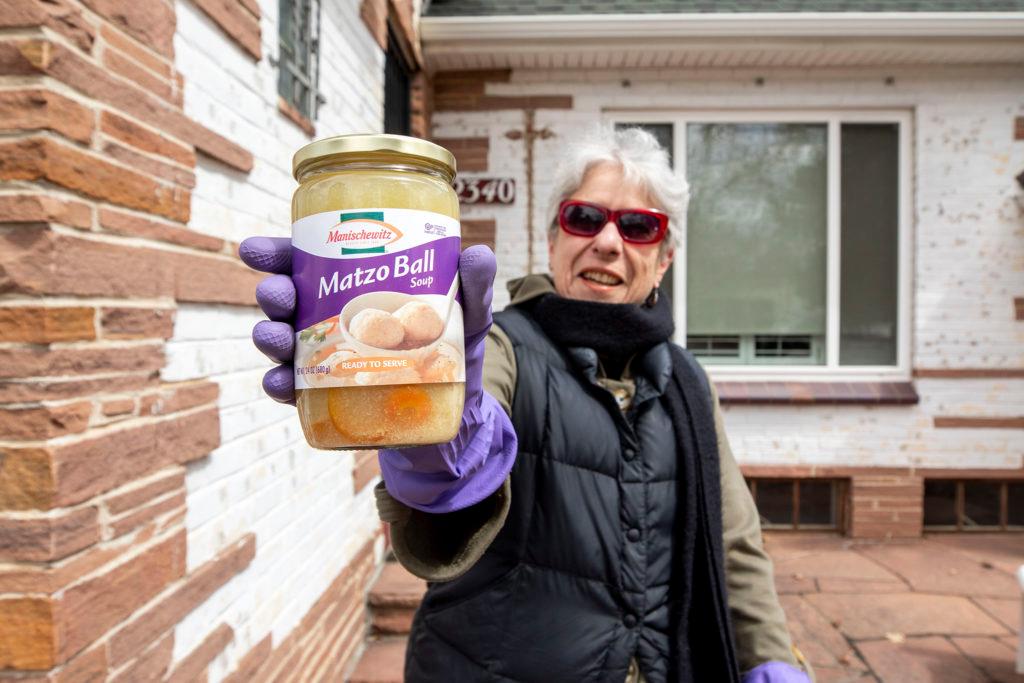
She said this year’s Seder will be difficult for people to accomplish within their individual families let alone the added challenge of how to make it meaningful.
“It’s probably going to be a memorable Seder for everybody. Nobody’s going to forget the time that they had their Seder in (coronavirus) time,” Lieber said. “You always got the relatives that talk too much at the Seder and this one that’s doing that. I think next year everyone’s going to be a little bit more empathetic and forgiving of all the characters that are normally around the Seder."



